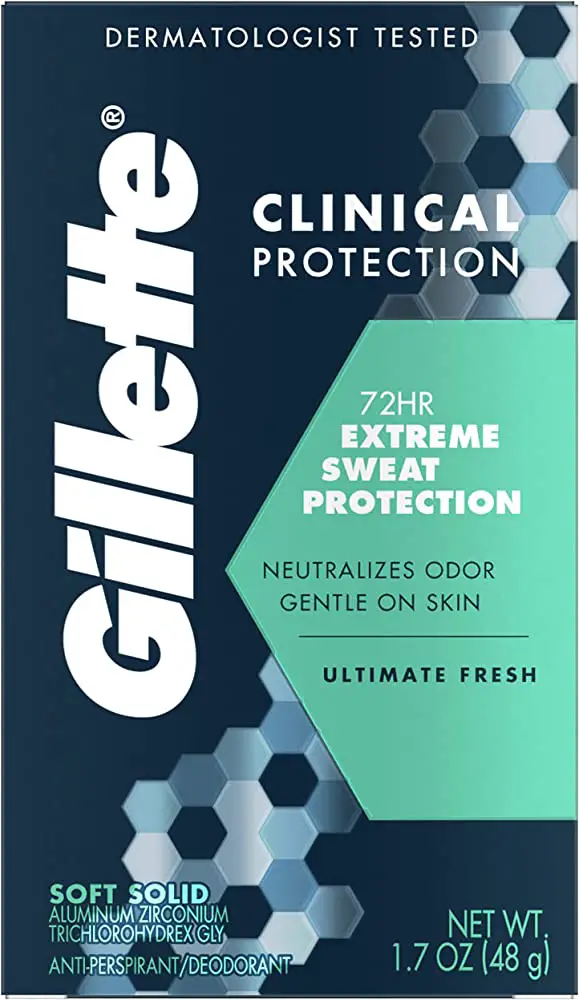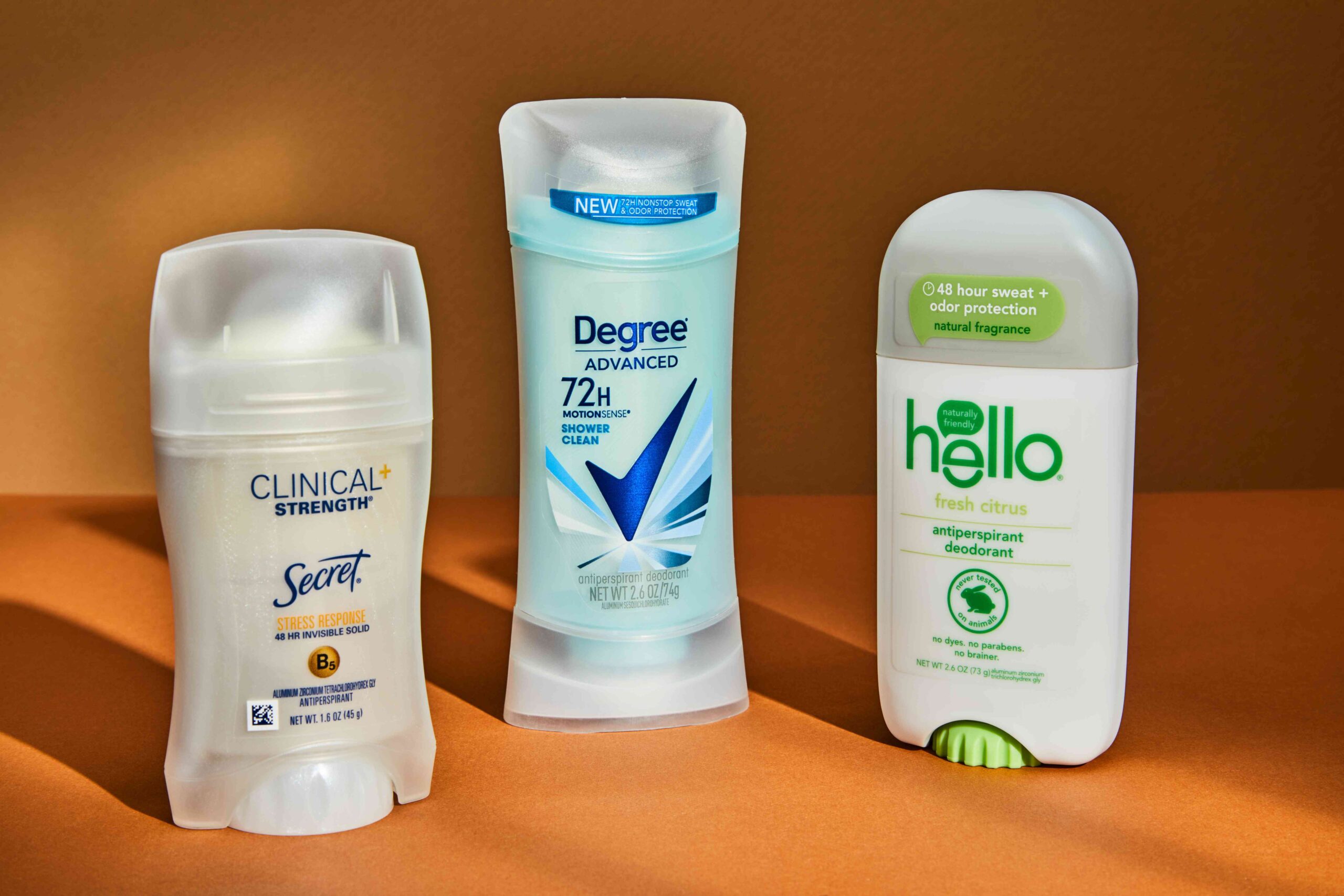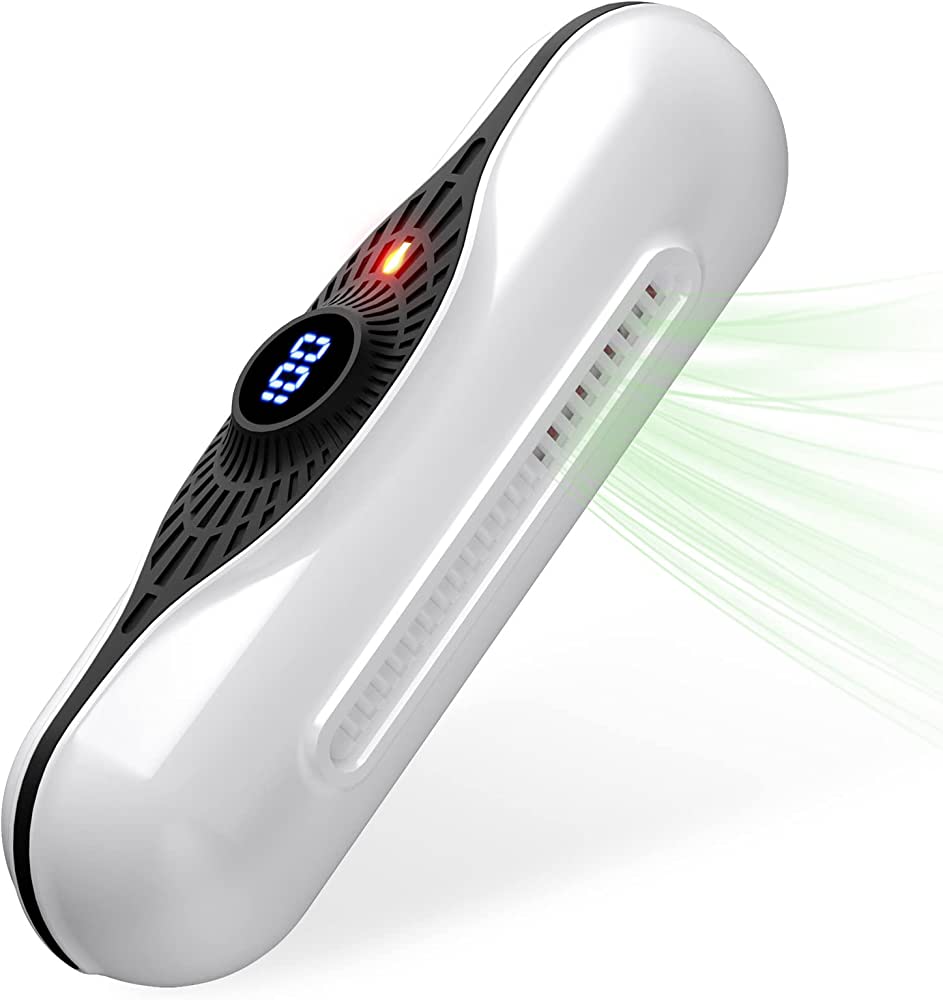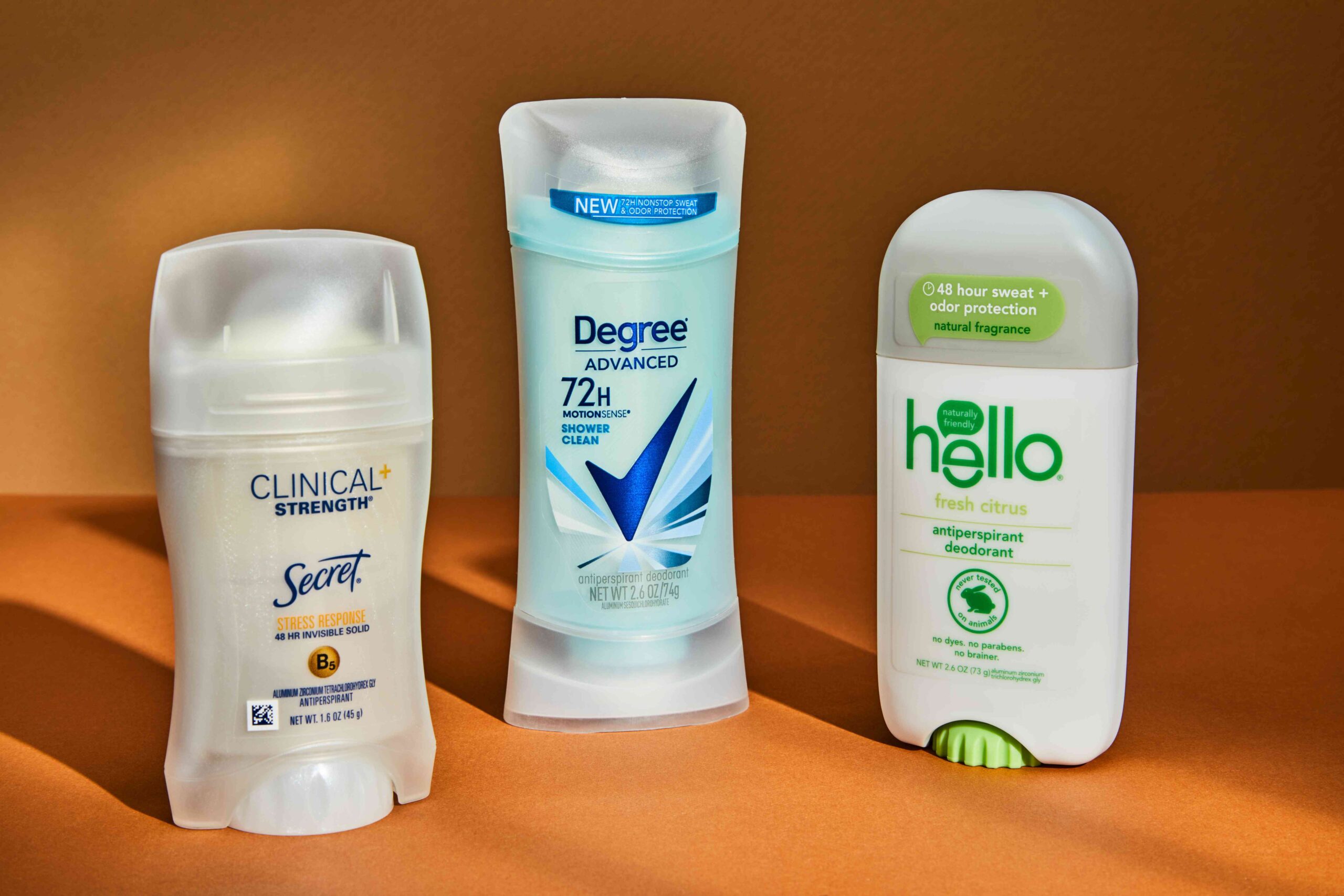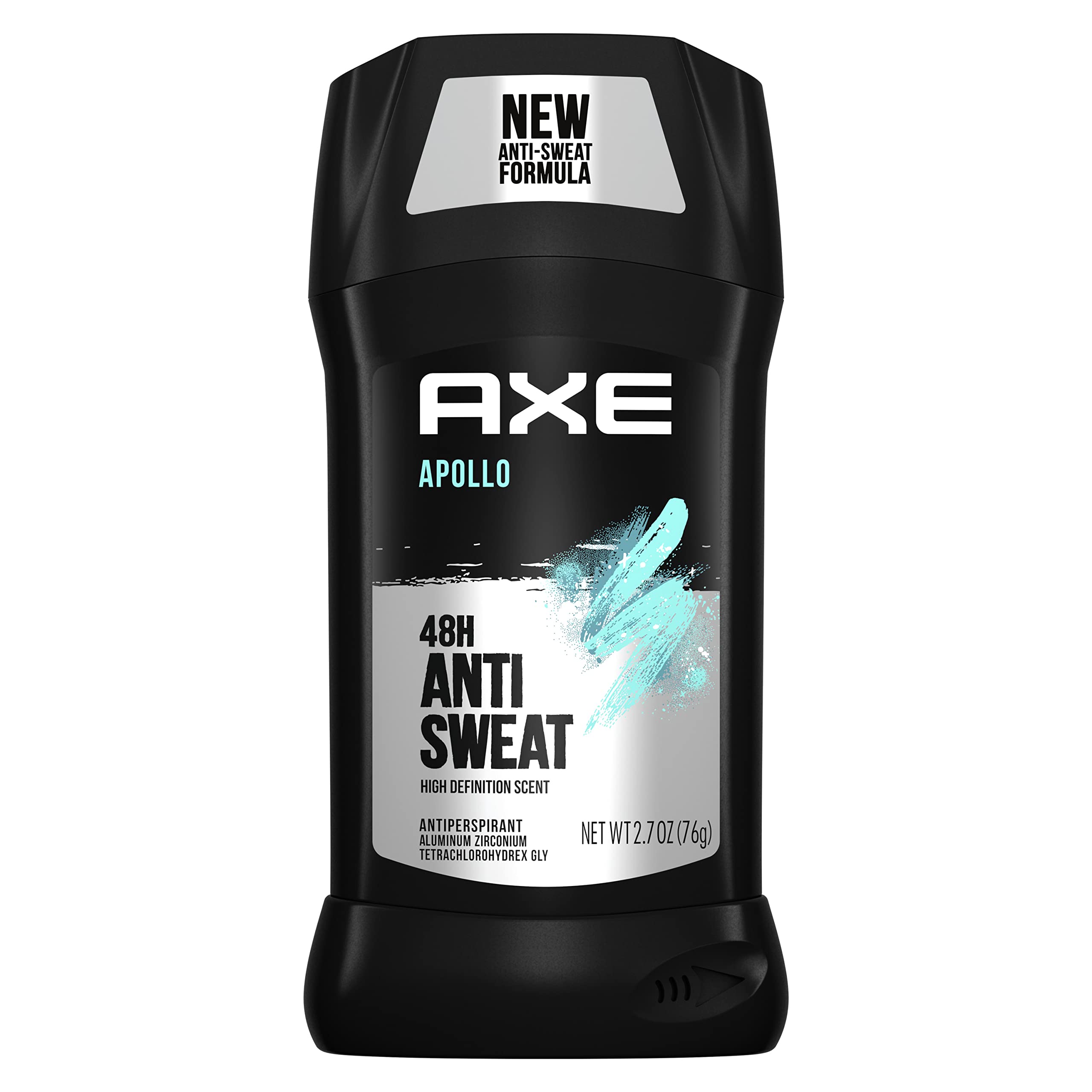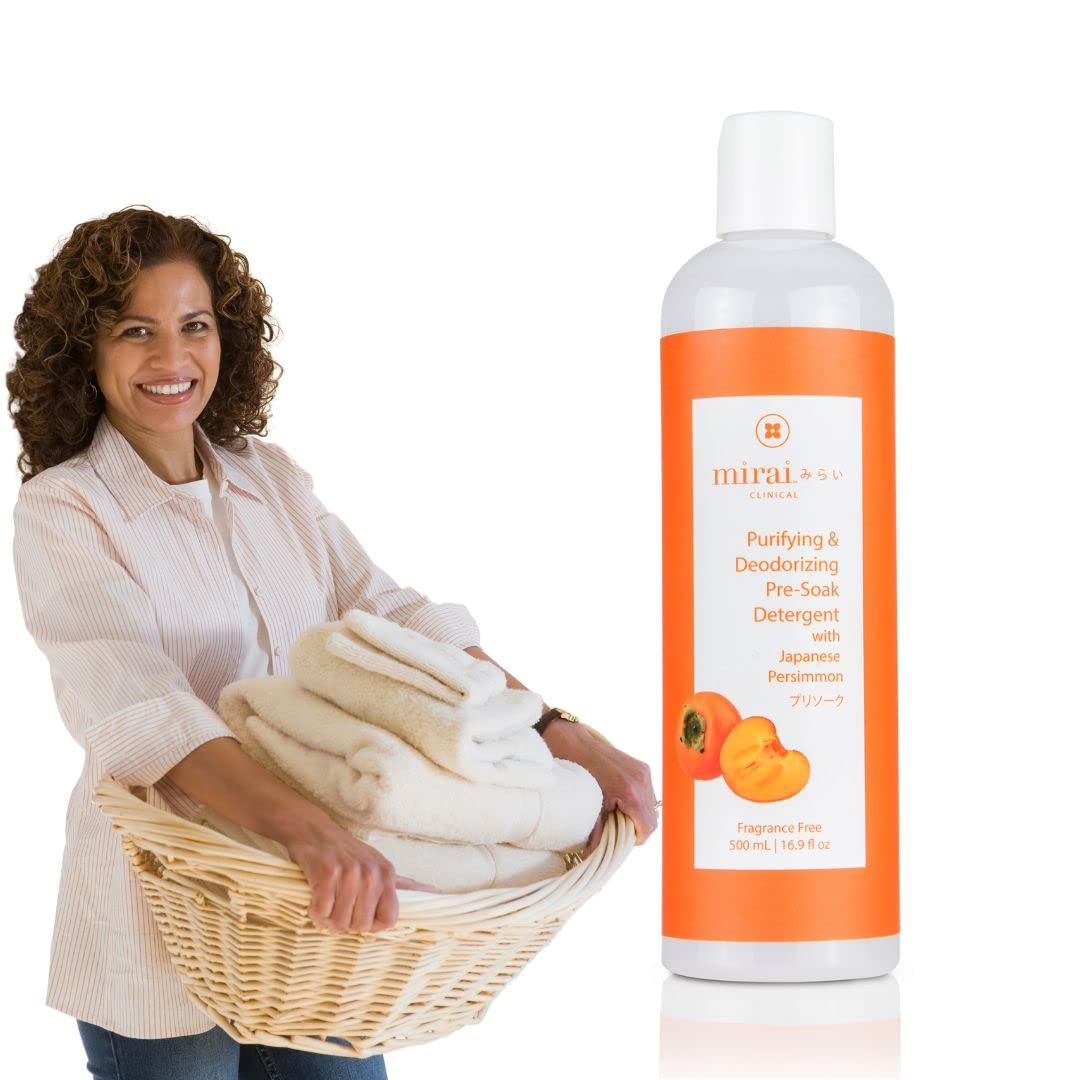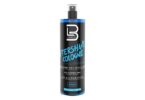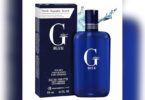Hey there, fellow sweat-warriors! 🙋♀️ Ever found yourself in the aisle of a store, staring blankly at the army of deodorants and antiperspirants, thinking, “Which one’s better for me?” Well, you’re not alone. Let’s dive into this slippery (pun intended) topic.
1. The Basics: What’s the Diff? First off, let’s clear the air. Deodorants mask or neutralize body odor, while antiperspirants literally stop or reduce your perspiration. They’re like the Batman and Superman of the underarm world; similar, but with different powers.
2. The Sciencey Part (Stay with Me!) Antiperspirants use aluminum compounds to temporarily plug sweat ducts, reducing the amount you perspire. “But isn’t aluminum bad?” you might wonder. The jury’s still out on this. Some studies suggest a potential link between aluminum and health issues, but there’s no conclusive evidence.
Deodorants, on the other hand, don’t mess with your sweat. They use antimicrobial agents to combat the bacteria that cause the stink. So, you’ll still sweat, but you won’t smell. Winning, right?
3. The Touchy-Feely Stuff If you’re like my aunt Bertha, who believes sweating is a natural detox, then deodorants are your jam. They let your body do its thing, just without the signature eau de you. But if the thought of sweat patches gives you nightmares, antiperspirants have got your back… or should I say underarms?
4. Skin Deep Got sensitive skin? I feel ya! Deodorants can sometimes be less irritating, especially those without alcohol or fragrance. Antiperspirants, because of the aluminum, might occasionally leave you with itchy pits. Not cool.
5. The Verdict Look, I’m no doctor (though I sometimes Google like one), but here’s the tea: If you’re concerned about potential health risks, even if they’re not definitively proven, go with a natural deodorant. If staying dry is your top priority, antiperspirants might be your BFF.
Either way, do what feels right for you. And hey, while you’re at it, maybe give your pits a little pep talk every morning. They deserve some love too. 😉
Remember, always consult with a dermatologist or physician for personalized advice.


